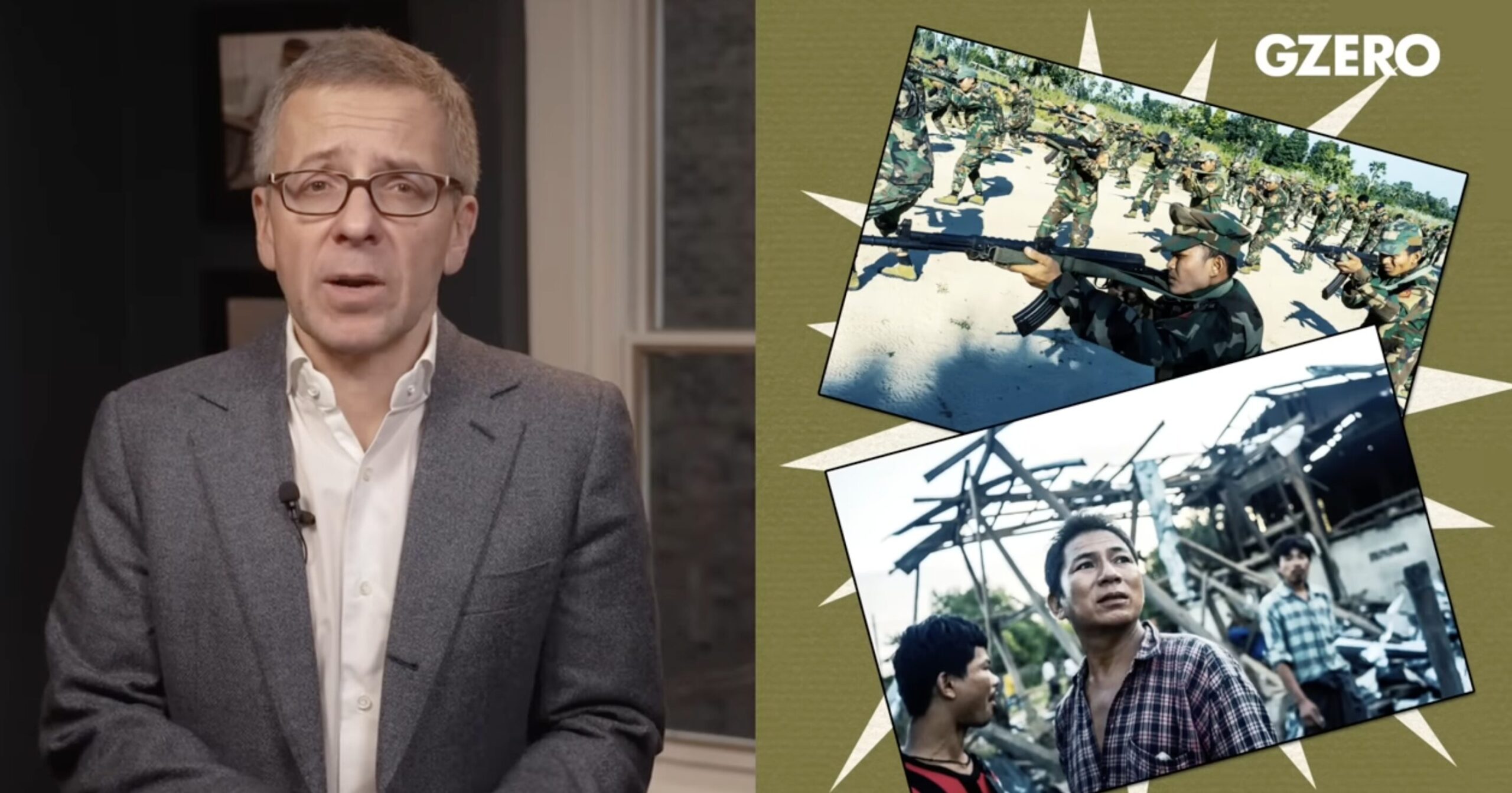
Peter Zeihan: Europe Goes Nuclear
We’ve got two major developments in Eurasia. We’re talking about Ukraine disabling two ships in the Caspian Sea and Poland getting EU approval to build…
Thought Leader: Peter Zeihan
See source for podcast.
Years ago, a diagnosis of cancer meant a death sentence. Medically, we didn’t know enough about cancer and how best to treat it. But thankfully, there are new medical breakthroughs being developed that are giving hope to patients and their families everywhere.
The breakthroughs in cancer research and therapeutics in recent years have led to dramatically better outcomes. We know so much more now about cancer — what causes it, how to treat it, and most importantly, how to prevent it — than we’ve ever known before.
The amount of progress that we’ve made in the past few decades is almost beyond imagination, creating serious momentum in finding ways to defeat cancer that few would’ve expected 30 years ago. In fact, for the second year in a row, American death rates from cancer are starting to decline.
It’s important that people recognize and learn about all these new developments for treating cancer. Which is why I had Dr. Patrick Hwu on my podcast, “Newt’s World,” this week. Dr. Hwu is president and CEO of Moffitt Cancer Center, one of the nation’s leading cancer hospitals.
As Dr. Hwu explained, a number of years ago, just about all his melanoma patients would pass away in 6 to 12 months. But now, over half of them are living long lives, effectively cured.
Two factors are largely responsible for this sea change in cancer treatment. First, doctors have figured out the molecular nature of the diseases so they can give the right medications to cut off its circuitry. Second, doctors have learned how to stimulate the body’s immune system to allow their immune cells to kill the cancer.
Accordingly, the two major therapies being developed now are targeted therapy, which involves looking at the molecular problems with the cancer and giving specific drugs to treat it, and immunotherapy, which involves designing therapies to stimulate the body’s immune system to kill the cancer.
As a result, we are moving toward a more personal approach to treating cancer rather than just applying massive amounts of chemotherapy. This personalization of therapeutics is nothing short of revolutionary for cancer treatment. Doctors can now check the genes of specific kinds of cancer in individual patients to find the right plan for each person.
In the past, for example, two patients with lung cancer would receive the same blanket treatment. Now, however, they can receive different treatments that are targeted and personalized to maximize their effectiveness.
We’ve also learned that there is a daunting array of types of cancer, each of which has its own unique way of threatening us. This has made it crucial to have specialists who don’t just deal with cancer in general but specific types of cancer. Otherwise, doctors simply can’t keep track of all the rapid new developments in the literature.
Of course, we still don’t know enough about certain types of cancer and must learn more. Medical professionals also need to better understand how to prevent cancer in the first place.
But the progress so far has been amazing and will help countless people in the years to come. And with people like Dr. Hwu leading the way, we will continue making breakthroughs on the path to curing cancer.
Peter Zeihan: Europe Goes Nuclear
We’ve got two major developments in Eurasia. We’re talking about Ukraine disabling two ships in the Caspian Sea and Poland getting EU approval to build…
Thought Leader: Peter Zeihan
Dr. Sanjay Gupta’s Top Health Stories of 2025
From the resurgence of measles to a new way to treat pain, 2025 was a challenge for public health while still offering moments of hope. Sanjay…
Thought Leader: Sanjay Gupta
Ian Bremmer: The state of global conflict in 2025
On GZERO World, Ian Bremmer takes a hard look at the biggest global crises and conflicts that defined our world in 2025 with CNN’s Clarissa…
Thought Leader: Ian Bremmer

